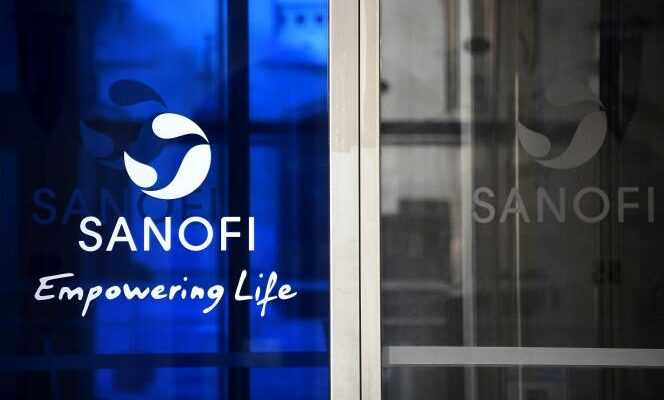The French group Sanofi was sentenced Thursday, May 12 by the court of Nanterre (Hauts-de-Seine) to compensate up to 450,000 euros a family whose daughter, exposed to Dépakine in utero, was born with malformations. The court considered that the risk of autistic disorders in connection with Depakine was known to the laboratory, at least in 2005, and that consequently it had the duty to mention it in the notice, according to the judgment consulted on Saturday by the Agency. France-Presse (AFP).
The mother, followed for epileptic seizures, had been taking this medicine since 1982. In 2004, during her pregnancy, she took four tablets a day. At the age of seven months, her daughter had been hospitalized with bronchiolitis and the doctors had noted a “global acquisition delay”. Delays in psychomotor development were then observed throughout his childhood.
Risk of physical malformations
Used since 1967 in the treatment of epilepsy and bipolar disorders, sodium valproate, the active ingredient of Depakine, increases the risk of physical malformations (lack of closure of the spine, cardiovascular anomalies, among others) and disorders neurodevelopmental (language delay, autism spectrum disorders, for example) in children exposed in their mother’s womb.
According to estimates – disputed by Sanofi – from Medicare and the National Medicines Safety Agency (ANSM), sodium valproate is responsible for malformations in 2,150 to 4,100 children, and neurodevelopmental disorders in 16. 600 to 30,400 of them.
“This decision to condemn the laboratory marks a turning point for the individual recognition of each of the children exposed to Dépakine”reacted to AFP the family lawyer, Charles Joseph-Oudin, calling on the group to “change behavior in all procedures”. According to him, the laboratory “must now come to terms with reason and take care of the hard-hit families with dignity” by the drug.
Group action
According to the judgment, the laboratory, which acknowledged having been aware of the risks, in particular on neuronal development, from 2003, therefore had the duty to inform patients in the instructions. It was only in 2006, however, that the Dépakine leaflet advised against the drug during pregnancy and recommended the rapid consultation of a doctor in the event of the discovery of such a state, specifies the judgment.
In Nanterre, this file is the first of a long series to be judged on the merits. In all, the court is seized of twenty-three cases including one involving 272 applicants, according to a judicial source.
A recent procedure in French law – introduced in 2014 – group action allows victims of the same harm to come together to take legal action. The one against Sanofi, the first in terms of health, was brought in 2017 by the Association to help parents of children suffering from anticonvulsant syndrome, Apesac, which since 2011 has been fighting the fight of several thousand victims of Depakine.
This class action was deemed admissible by the Paris court, which ruled on January 5 that Sanofi had “committed a fault by failing in its duty of vigilance and its obligation to inform”. The laboratory having announced its intention to appeal, it will however be necessary to wait for the confirmation or reversal of this decision so that the class action can actually open.
